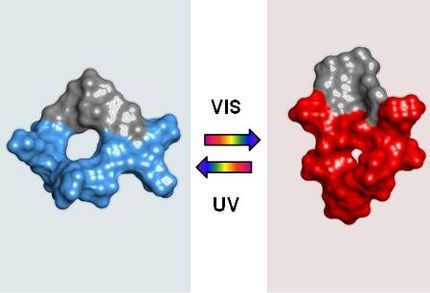Merck KGaA: Erbitux Granted extended Use in Japan for First-Line-Treatment for mCRC-Patients with KRAS wild-type Tumors
Approval of change in product information is based on the data of the Phase III CRYSTAL trial
Advertisement
Merck KGaA announced that Erbitux® (cetuximab) can now be used in Japan in combination with chemotherapy in the first-line-treatment for patients with epidermal growth factor receptor (EGFR)-expressing, curatively unresectable (inoperable), advanced or recurrent colorectal cancer (mCRC) carrying the KRAS wildtype gene. This development is due to a change in the Japanese product information for Erbitux.
“The use of Erbitux as a first-line treatment for colorectal cancer is an important step in increasing the availability of treatment options for Japanese patients in this setting,” said Dr. Wolfgang Wein, Executive Vice President, Oncology, Merck Serono division.
The approval of this extended usage for Erbitux was granted following submission of data from the Phase III CRYSTALa trial to Japan’s Pharmaceutical and Medical Devices Agency (PMDA). Updated data of the CRYSTAL-trial were presented at the American Society of Clinical Oncology’s 2010 Gastrointestinal Cancers Symposium (ASCO-GI) supporting the value of Erbitux in the first-line therapy of mCRC patients with KRAS wild-type tumors. They demonstrated a significant overall survival advantage for patients who were treated with Erbitux in combination with FOLFIRI compared to those who received chemotherapy alone. In addition, the updated analysis showed that the combination of
Erbitux and FOLFIRI also significantly reduced the risk of disease progression by 30% (HR 0.696; p=0.0012) and increased the tumor response rate (RR 57.3% vs. 39.7%; p<0.0001) compared to chemotherapy alone.
“The striking improvement in response rates seen in patients treated with Erbitux added to chemotherapy is of vital importance in Japan. High response rates mean significant tumor shrinkage, and studies show that this leads to increased opportunities for complete removal of the tumor and a higher potential for the disease to be cured,” said Wayne Paterson, Managing Director of Merck Serono Co., Ltd, Japan. “This is of particular value in a country where cure rather than palliation is a primary treatment objective.”
In Japan, Merck Serono began marketing Erbitux as a treatment of curatively unresectable, advanced/recurrent colorectal cancer on September 19, 2008. The development of Erbitux in Japan was based on a collaborative effort between Merck KGaA, ImClone LLC (a wholly-owned subsidiary of Eli Lilly & Co.), Bristol-Myers Squibb Company, Merck Serono Co., Ltd. Japan and Bristol-Myers K.K. Merck receives 50% of the profit or loss from sales in Japan whereas ImClone and Bristol-Myers Squibb each receive 25% of the profit or loss from sales in Japan.






















































